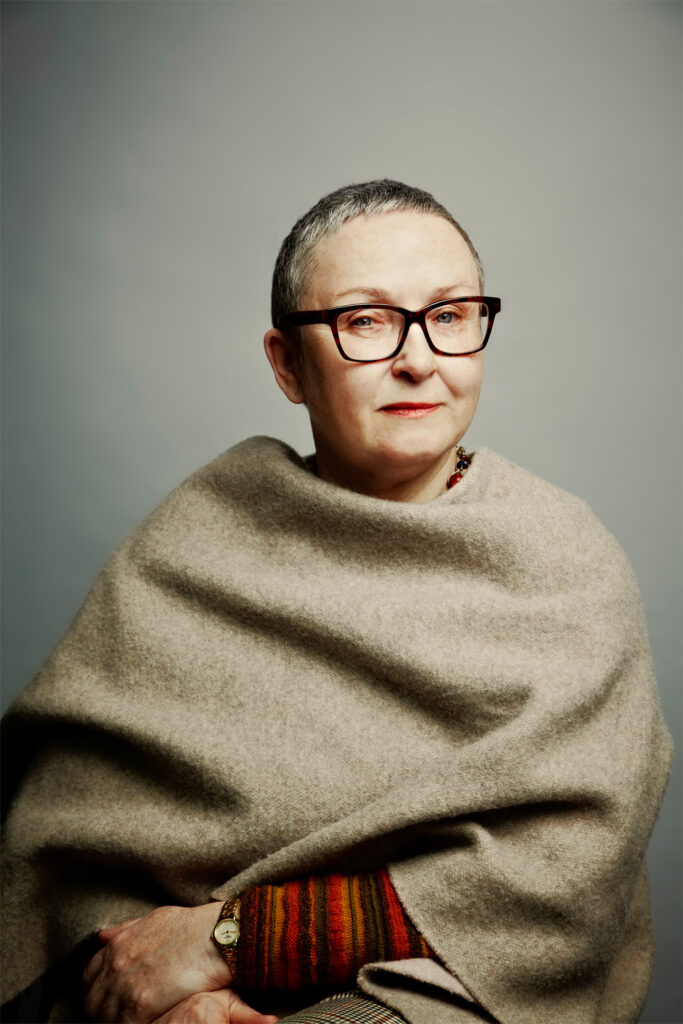Linda Peake, professor in the Faculty of Environmental and Urban Change and director of the City Institute, was awarded the American Association of Geographers’ (AAG) Lifetime Achievement Honors for her scholarly contributions to feminist and urban geographies, and for a career dedicated to extending equity, diversity and inclusion at her institution and across the discipline of geography.

Peake’s four decades of scholarship have spanned feminist, social and urban geography, studies of race and racism, and mental health. Her early research was focused on feminist urban geography and led to co-edited volumes such as Women, Human Settlements, and Housing (1987) and Women in Cities (1988). In the 1990s, her perspective broadened to include race and sexuality and engaged the idea of intersectionality, a hallmark of Peake’s scholarship, long before this term came to be commonly used and understood in geography. Peake has also helped shape these fields through her editorship of Gender, Place and Culture (GPC), Social and Cultural Geography and as associate editor on the AAG Encyclopedia.
Peake’s later research has expanded to the exploration of comparative urban feminist theorizations. This work has been funded by the Social Science and Humanities Research Council of Canada (SSHRC) and is reflected in co-edited volumes that include Rethinking Feminist Interventions into the Urban (2013), A Feminist Urban Theory for our Time (2021), and The Elgar Handbook on Gender and Cities(forthcoming). In 2017, as director of the City Institute, she assumed leadership of a multimillion-dollar SSHRC Partnership Grant: “Urbanization, gender, and the global South: A transformative knowledge network (GenUrb).” This project expands understanding of urban place ecologies of precarity and violence, engaging a transnational team of researchers working in six cities across the global South. This research project includes many early career and non-academic researchers and exemplifies Peake’s commitment to diversity, equality and inclusion.
Her commitment to social justice is demonstrated by her engagement with activist organizations and in efforts to transform the discipline and the academy. She has worked with the grassroots women’s organization, Red Thread, in Guyana to train women scholars and build local research teams. She serves as an expert witness for law firms representing Guyanese deportees. In partnership with Beverley Mullings and Kate Parizeau, Peake has organized conference sessions and workshops to raise awareness of and prompt action on mental health issues in American and Canadian universities. Together they have established the Mental Health in the Academy Affinity Group in the AAG.
Prior accolades
For her work, Peake has received the 2004 Julian Minghi Outstanding Research Award from the Political Geography Specialty Group (together with Eleonore Kofman and Lynn Staeheli). She is also a recipient of the Jan Monk Service Award from the AAG Geographic Perspectives on Women Specialty Group (2015), the Distinguished Scholar Award, Regional Development and Planning Specialty Group (2016), the Inaugural Solidarity Award (2019) from the AAG Socialist and Critical Geography Specialty Group (as an editor of GPC), and the 2022 AAG Diversity and Inclusion Award (with Mullings and Parizeau). She is also a Fellow of the Royal Society of Canada (2022).
AAG honourees
Peake was named a 2023 honouree alongside three other distinguished researchers from Texas State University, Syracuse University and Montana State University, the complete list of honouree backgrounds and citations is available on the AAG’s website.
“This year’s recipients of AAG Honors are dedicated scholars, thought leaders, teachers and mentors in geography,” said AAG Executive Director Gary Langham. “We are especially proud to recognize the 2023 Lifetime Achievement Honorees for their dedicated advocacy for scholarship and learning in geography, throughout their careers.”


